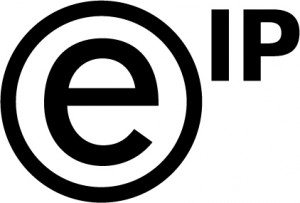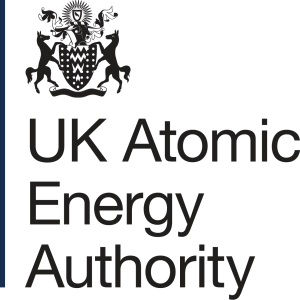When I initially began my physics degree, I thought I would probably remain in academia for the rest of my career. However in my final year, I began to feel like I wanted to do something a bit different; I knew I wanted to continue to learn new things and challenge myself intellectually, but I wanted to do so in a less academic environment.
A career as a patent attorney stood out to me straight away, as I would still be able to use the skills and knowledge I had learnt on my degree, but I would also have the opportunity to learn about cutting-edge technologies and the chance to do more writing (which I have always enjoyed).
I joined EIP in September 2011, and with two years under my belt, I can confidently say I’m very happy with my career choice! EIP is a young and forward-thinking firm that is willing to give trainees a much higher level of responsibility than many other firms. From the offset, I’ve been given real and important work to do, such as helping to argue the patentability of applications and, within just a few weeks of joining, the challenge of drafting my first patent application (something many other trainees at my level of experience haven’t even attempted yet). I get many opportunities to talk to the inventors, both in person and on the phone. EIP have also encouraged me to get involved with the business side of things, by getting me involved in developing a new-starter induction program, for example. This offered yet another dimension to an already varied and stimulating career.
Although EIP certainly gives you wings to fly, I have never felt lost or out of my depth here, as there is a really helpful and approachable network of people who are always willing to help out. I mainly work under one partner, who provides the bulk of my training and support, but I have also been encouraged to work with a number of different partners and this has given me an insight into the varied approaches of the different partners and has helped me begin to develop my own approach.
One of my favourite aspects of the job is arguing the patentability of applications. This involves reviewing documents that an examiner has cited against your patent application and spotting flaws in the examiner’s arguments. I find it really satisfying to spot something that an examiner has misunderstood or overlooked, particularly when you manage to convince the examiner to accept your arguments.
One thing to note about the profession is that there is a great deal to learn and it takes a long time and a lot of hard work to become completely competent – around ten years according to my supervisor! However, one great thing about the profession is that, once you have put in all that time and effort, you will be rewarded by becoming an invaluable member of the IP profession!






